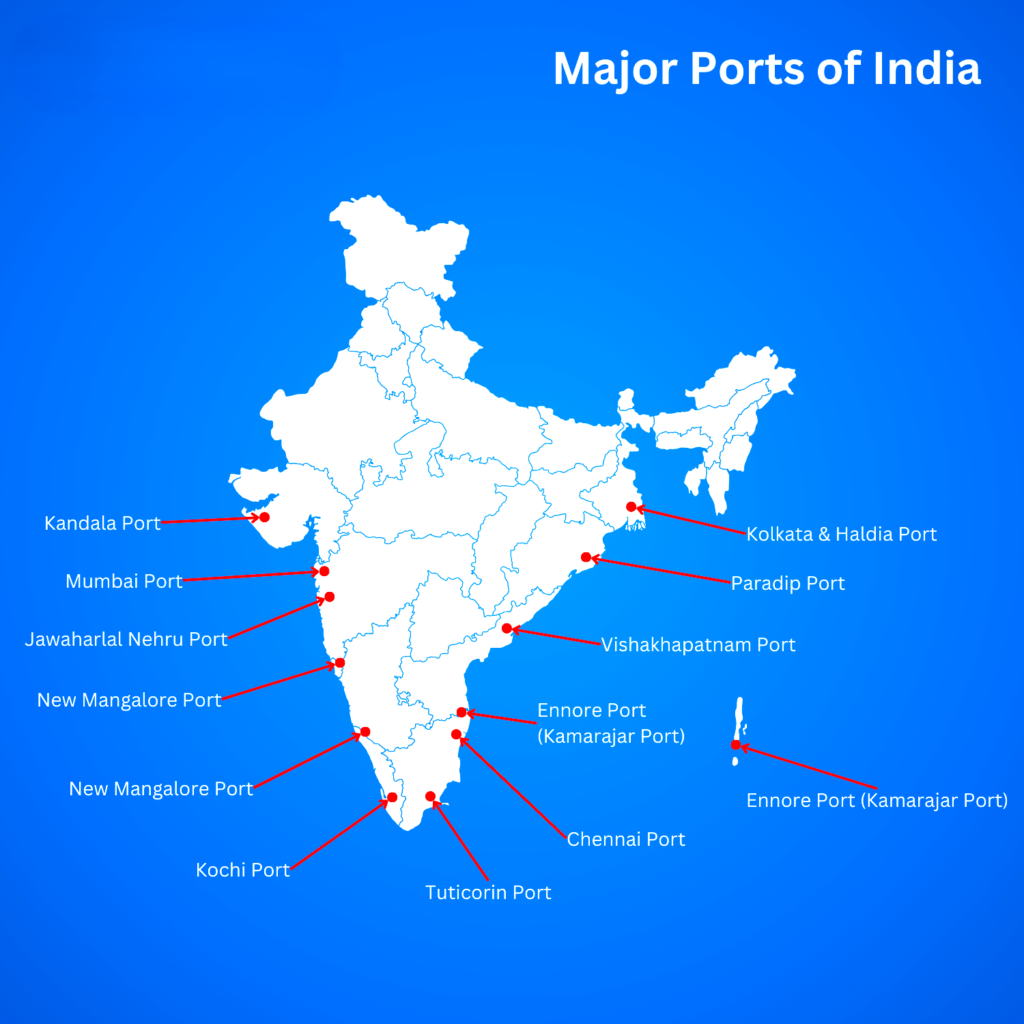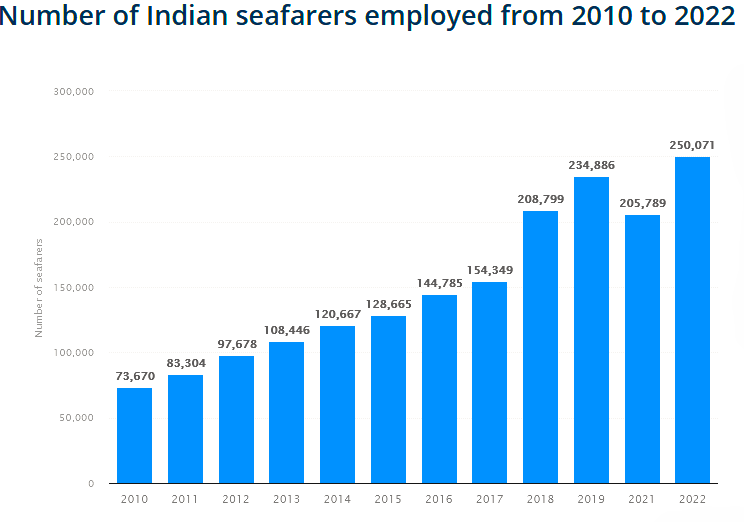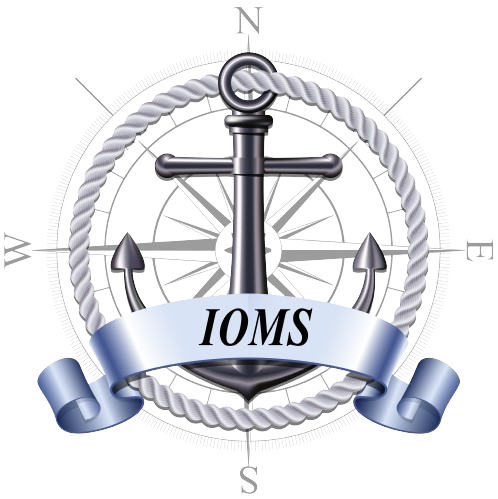
OVERVIEW: MARITIME INDUSTRY
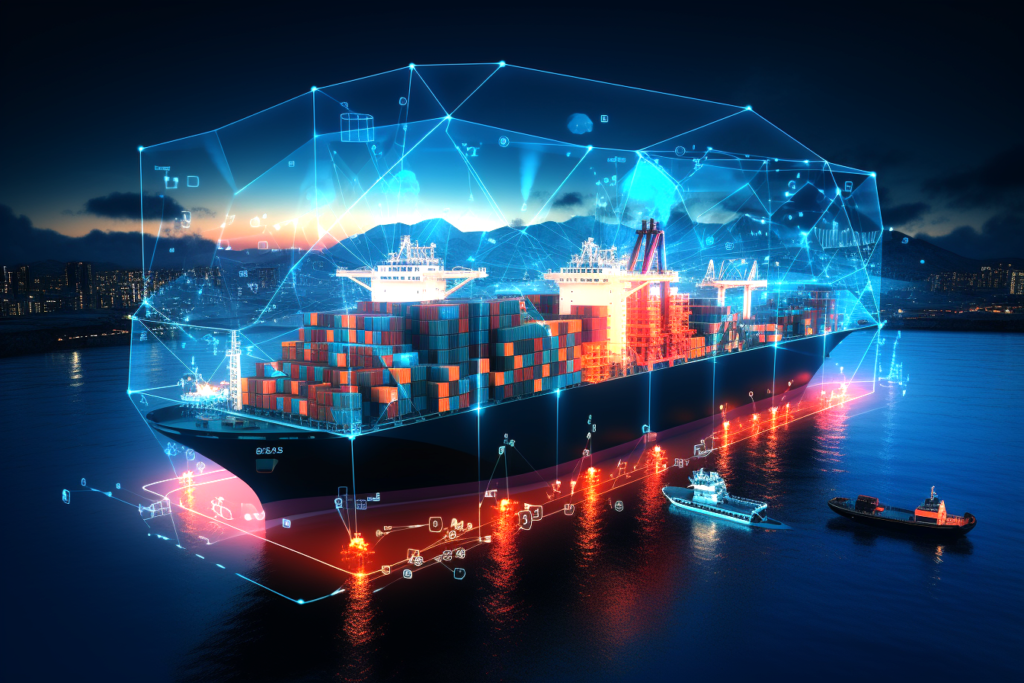
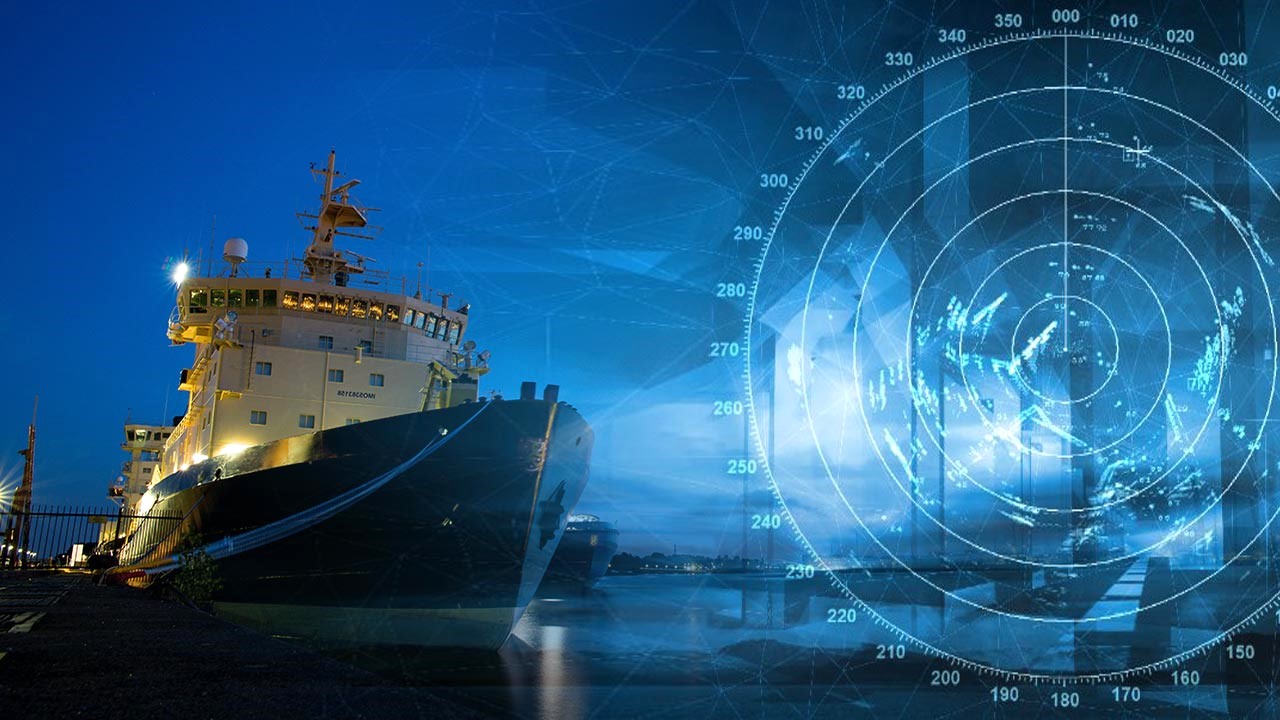
Transportation is vital to the world’s economy. Practically, everything we hold in our hands was grown or manufactured in on location, packaged and distributed to another, and procured, delivered and consumed in yet another.
The term Merchant Navy or Maritime Industry is given to the international commercial shipping. Maritime Transportation has been the backbone of global trade and still remains the largest mode of Transportation for goods and commodities all around the world.
The Maritime Industry offers economic and efficient long distance transport around the world. Approximately 12 billion tons of goods transported by ships each year in various part of world and contribute a major role in world economy.
Shipping has developed highly sophisticated logistics chains delivering just-in-time parts and goods to manufacturers and consumers. Over 95% of the world’s trade goes by sea and in the 21st century, the seas of the world carry more goods than ever before. The volume of goods travelling by seas has increased nine folds since 1950.
The robust world economy fuelled by Indian growth with Shipping Tonnage to orders for next 5 to 6 year and the level of scrapping old tonnage at its historical low as the high freight rates continue to make even the old tonnage profitable. The number of ships sailing the seas is growing at a brisk pace.
There is also surge in number of larger and more technologically advanced vessels. The global shipping industry is increasingly relying on India as a favoured source of its current and future seafarer demand, because it acknowledges the India has the means to satisfy the number shortage and the Indian academic system provides the strongest foundation, high standards of skills, initiatives, professionalism and leadership required for the modern seafarers.
There are over 85,000 merchant ships in the world with 100 types of cargo ships. Ships do not move cargoes; people do. We provide ambitious individuals to join your competent and committed team for operating your modern fleet of vessels.
Every employer wants a well-qualified and proficient employee. The past few years saw an unprecedented growth of 40+ (%) shipboard jobs for Indian seafarers. The Indian seafarer is generally very hard working and intelligent workers and capable to adjust as per the requirement and situation.
Shipping is a truly international industry, and it can only operate effectively if the regulations and standards are themselves agreed, adopted and implemented on an international basis.The Maritime shipping Industry is fully controlled and monitor by The International Maritime Organization(IMO) . IMO is the United Nations specialized agency with responsibility for the safety and security of shipping and the prevention of marine and atmospheric pollution by ships. IMO’s work supports the UN SDGs.I MO currently has 176 Member States and three Associate Members.
As a specialized agency of the United Nations, IMO is the global standard-setting authority for the safety, security and environmental performance of international shipping. Its main role is to create a regulatory framework for the shipping industry that is fair and effective, universally adopted and universally implemented.
The mission of the International Maritime Organization (IMO) as a United Nations specialized agency is to promote safe, secure, environmentally sound, efficient and sustainable shipping through cooperation. This will be accomplished by adopting the highest practicable standards of maritime safety and security, efficiency of navigation and prevention and control of pollution from ships, as well as through consideration of the related legal matters and effective implementation of IMO’s instruments with a view to their universal and uniform application.
In today’s fastest growing world Shipping is an essential component of any programme for future sustainable economic growth.
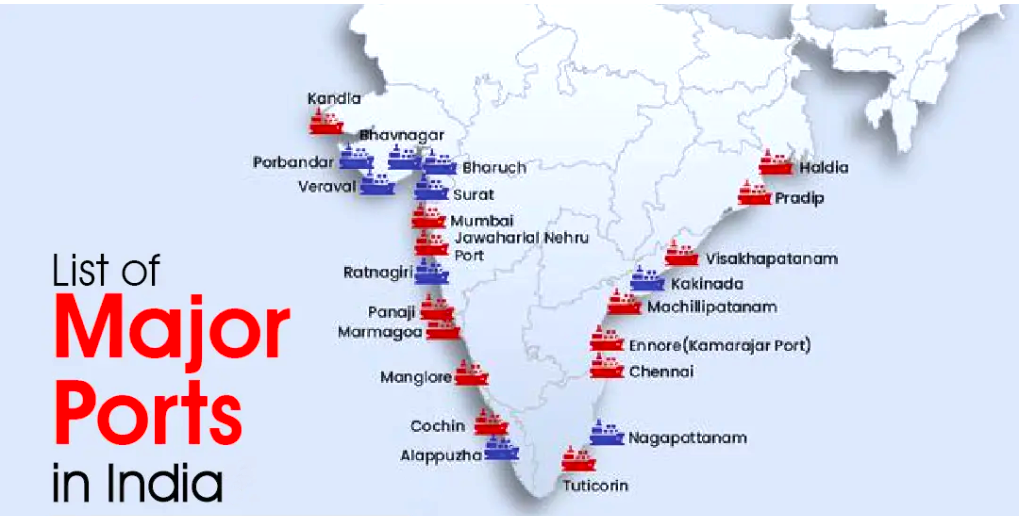

Maritime Industry : India
India is strategically located on the world’s shipping routes with a coastline of approximately 7,517 km. As of 2021, India owns over 30% global market share in the ship breaking industry and is home to the largest ship-breaking facility in the world at Alang.
To promote India’s shipping and port industry, the government has also introduced various fiscal and non-fiscal incentives for enterprises that develop, maintain and operate ports, inland waterways and shipbuilding in India.
The Maritime India Vision 2030 has identified over 150 initiatives to boost the Indian maritime sector.
